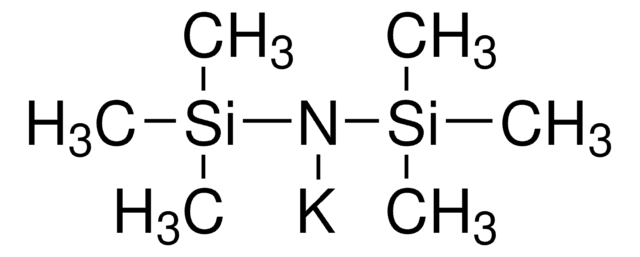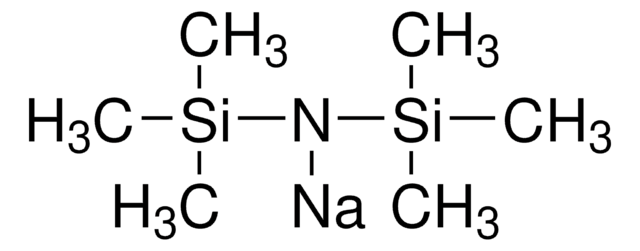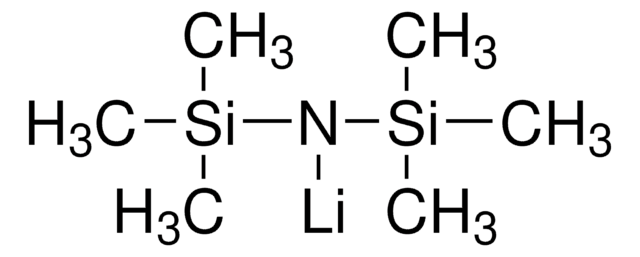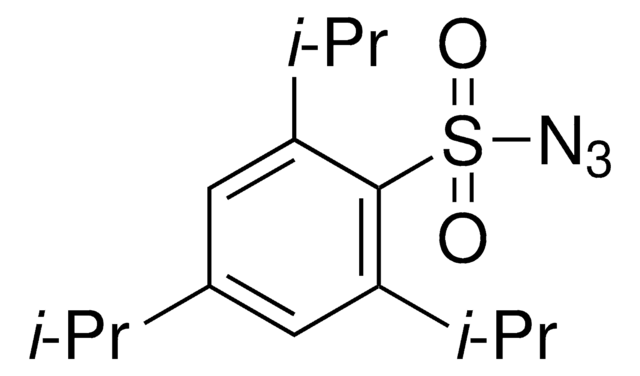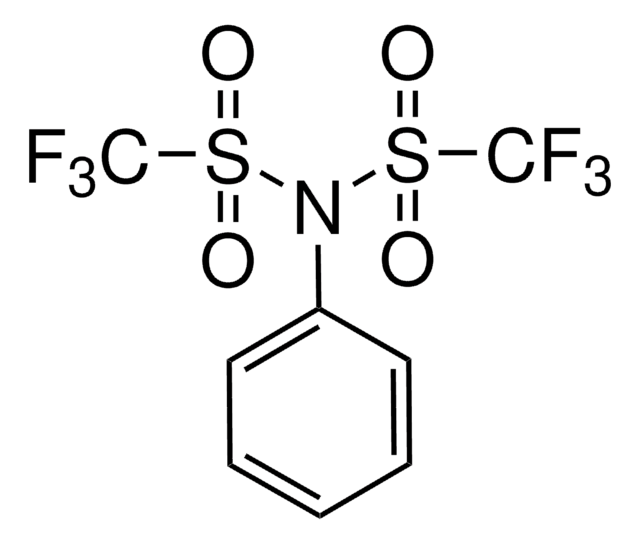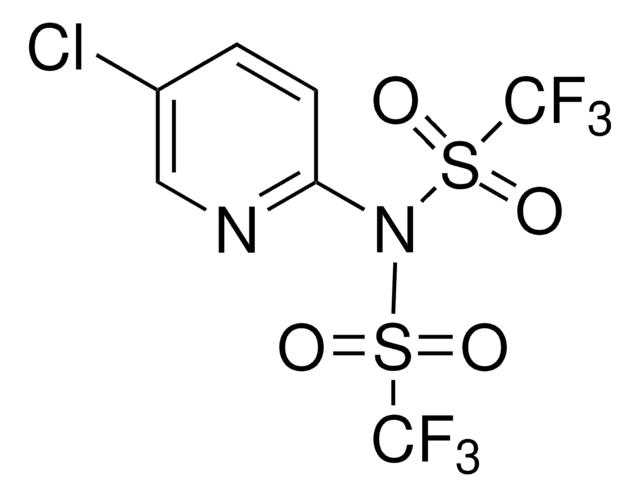702722
Potassium bis(trimethylsilyl)amide solution
1 M in THF
Synonym(s):
KHMDS, Hexamethyldisilazane potassium salt solution, Potassium hexamethyldisilazide solution
About This Item
Recommended Products
vapor density
3.2 (vs air)
Quality Level
form
liquid
concentration
1 M in THF
density
0.915 g/mL at 25 °C
SMILES string
C[Si](C)(C)N([K])[Si](C)(C)C
InChI
1S/C6H18NSi2.K/c1-8(2,3)7-9(4,5)6;/h1-6H3;/q-1;+1
InChI key
IUBQJLUDMLPAGT-UHFFFAOYSA-N
Looking for similar products? Visit Product Comparison Guide
Application
Packaging
Legal Information
Signal Word
Danger
Hazard Statements
Precautionary Statements
Hazard Classifications
Acute Tox. 4 Oral - Carc. 2 - Eye Dam. 1 - Flam. Liq. 2 - Skin Corr. 1B - STOT SE 3
Target Organs
Central nervous system, Respiratory system
Supplementary Hazards
Storage Class Code
3 - Flammable liquids
WGK
WGK 3
Flash Point(F)
-2.0 °F
Flash Point(C)
-18.9 °C
Personal Protective Equipment
Regulatory Listings
Regulatory Listings are mainly provided for chemical products. Only limited information can be provided here for non-chemical products. No entry means none of the components are listed. It is the user’s obligation to ensure the safe and legal use of the product.
PRTR
Class I Designated Chemical Substances
FSL
Group 3: Spontaneously combustible substances and water- reactive materials
Materials containing Organometallic compounds
Hazardous rank I
1st spontaneously combustible materials and water reactive materials
ISHL Indicated Name
Substances Subject to be Indicated Names
ISHL Notified Names
Substances Subject to be Notified Names
JAN Code
702722-100ML:4548173295428
702722-VAR:
702722-4X25ML:4548173306261
702722-4X10ML:
702722-500ML:4548173306254
702722-BULK:
Choose from one of the most recent versions:
Already Own This Product?
Find documentation for the products that you have recently purchased in the Document Library.
Customers Also Viewed
Our team of scientists has experience in all areas of research including Life Science, Material Science, Chemical Synthesis, Chromatography, Analytical and many others.
Contact Technical Service